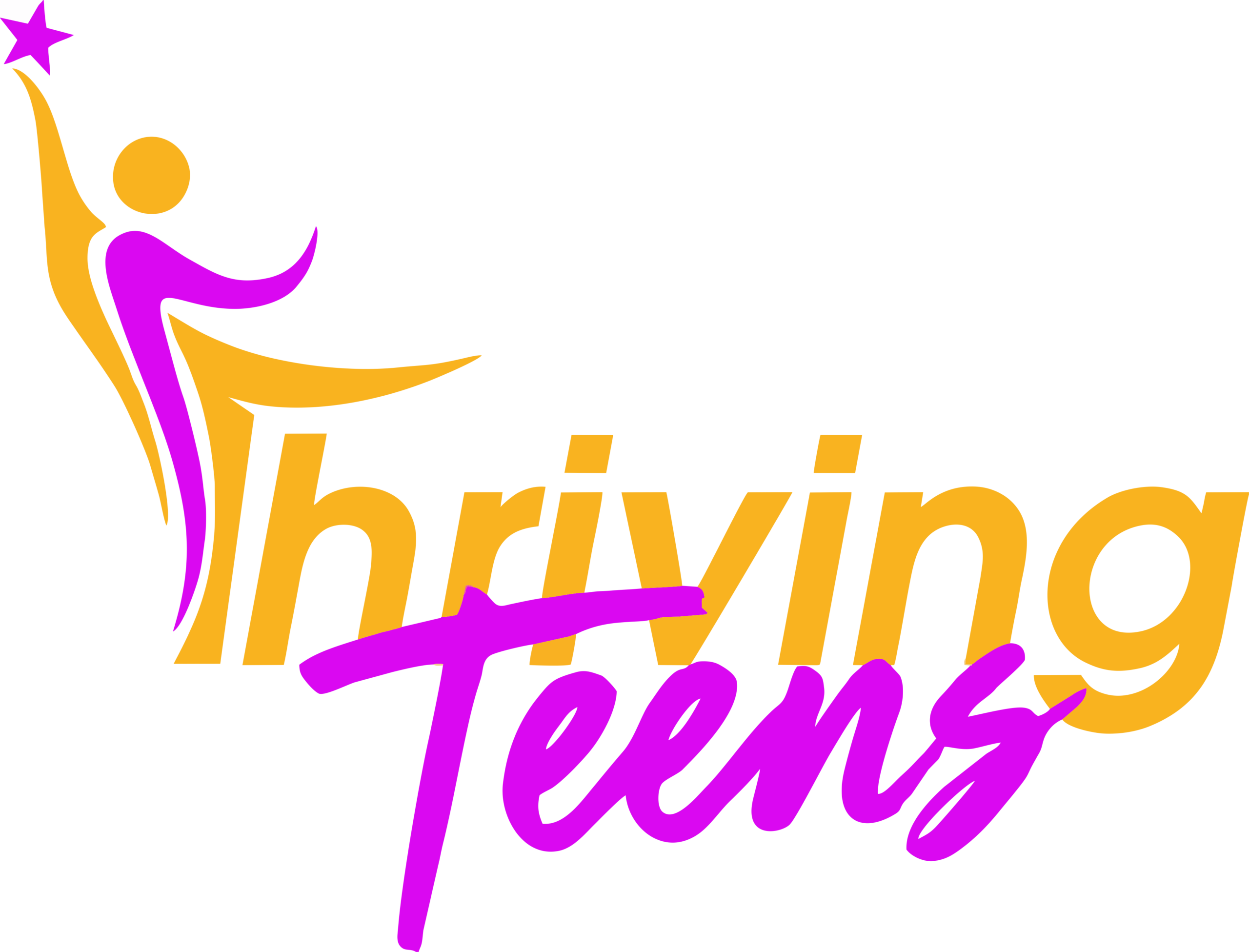1. Get Vaccinated Against HPV
– HPV Vaccine: The human papillomavirus (HPV) vaccine is the most effective way to prevent cervical cancer. It protects against the types of HPV that most commonly cause cervical cancer.
– Recommended Age: Health authorities recommend starting the vaccination series at ages 10 for girls, but it can be administered up to age 26 (and beyond in some cases).
– Completion of Series: Ensure to complete the full vaccination series as recommended by healthcare providers, in Kenya there is push for a single dose regimen.
2. Practice Safe Sex
– Condom Use: Always using condoms during sexual intercourse can help reduce the risk of HPV and other sexually transmitted infections (STIs). While condoms do not provide complete protection against HPV, they significantly lower the risk.
– Limit Sexual Partners: Having fewer sexual partners can decrease the likelihood of encountering someone infected with HPV.
– Know Your Partner’s Sexual History: Open and honest communication with partners about sexual history and health is important.
3. Regular Health Check-ups
– Annual Visits: Schedule regular visits with a healthcare provider to discuss sexual health, nutrition, and overall well-being.
– Awareness of Screenings: While cervical cancer screenings (Pap tests) are recommended starting at age 21, teenagers should be informed about this process and what to expect in the future.
4. Educate Yourself and Others
– Learn About HPV and Cervical Cancer: Knowledge is empowering. Understanding the risks, symptoms, and aspects of cervical cancer can help teenagers make informed decisions.
– Share Information: Talk to friends or peers about the importance of HPV vaccination and cervical cancer prevention, helping to raise awareness in your community.
5. Avoid Tobacco Products
– Smoking Cessation: Smoking is a known risk factor for cervical cancer. Avoiding tobacco in any form can help reduce cancer risks.
6. Maintain a Healthy Lifestyle
– Nutrition and Exercise: Eating a balanced diet rich in fruits, vegetables, and whole grains, combined with regular physical activity, can help support a strong immune system, which plays a role in fighting off infections like HPV.
– Healthy Weight: Maintaining a healthy weight can also contribute to overall health and reduce the risk of certain cancers.
7. Be Aware of Symptoms
– Know the Signs: Understanding the symptoms of cervical cancer, even though they’re often not present in early stages, can lead to earlier health care seeking behavior. Unusual bleeding or pelvic pain should be discussed with a healthcare provider.
8. Seek Guidance from Trusted Adults
– Open Communication: Discussing health topics with parents, guardians, or other trusted adults can facilitate better understanding and allow for informed decision-making.

